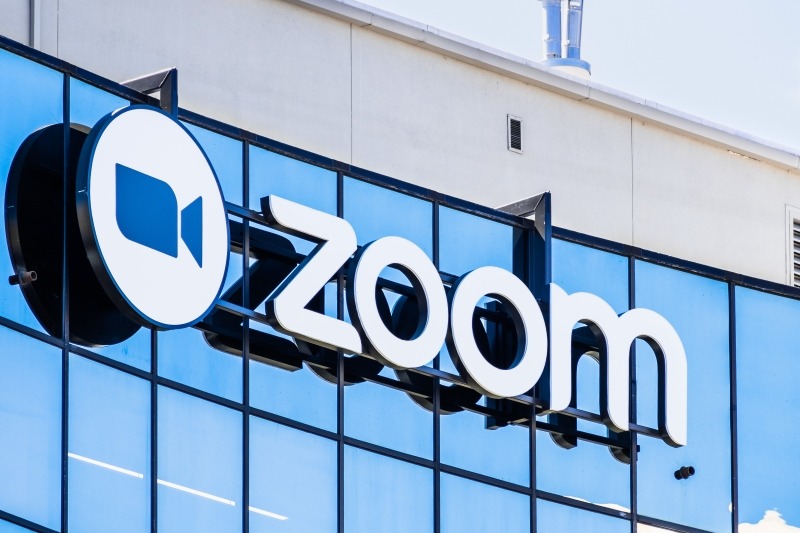Zoom’s revenues skyrocketed last year as global demand for online meeting solutions soared amid the COVID-19 lockdown. Although the popular video conferencing platform generated impressive revenue through its fiscal year 2021, the year’s final quarter set a new record.
According to data presented by Buy Shares, Zoom hit a record high quarterly revenue of $882.5 million in Q4 FY 2021, almost a 370% increase year-over-year.
Annual Revenue Soared by 700% in Two Years
Unlike many other sectors, the video conferencing platforms witnessed explosive growth amid the COVID-19 crisis, as millions of people started working from home. However, Zoom emerged as the most preferred platform for holding virtual meetings. As countries across the globe imposed lockdowns, family members also turned to Zoom as a way of keeping in touch with each other. Museums, theatres, and schools chose the platform to maintain normal operations.
With the ban on social gatherings, Zoom also became a cultural phenomenon through hosting parties, concerts, church services, and art shows. The surge in the number of users led to a 700% revenue growth in two years.
In the fiscal year 2019, Zoom generated $330.5 million in revenue, revealed the company’s earnings report. Over the next twelve months, this figure jumped by more than 88% to $626.6 million. The two-digit increase was driven by a strong Q4 FY 2020, matching the period between January and March 2020, when the pandemic already struck. Zoom’s quarterly revenue jumped by 78% YoY in this three-month period and hit $188 million.
The strong increasing trend continued in the following months, with revenue rising to $328.1 million in the second quarter of the calendar year 2020. Statistics show this figure more than doubled in the next three-month period and hit $663.5 million.
However, the fourth quarter of the fiscal year 2021, matching the period between January and March 2021, delivered the highest quarterly revenue in Zoom`s history, causing annual revenues to rise above the expectations to $2.65bn.
Almost 70% of that value, or $1.83bn, was generated in the Americas as the largest Zoom market. Users from the EMEA region, as the second-largest market, generated $486 million in revenue. Asia followed with $332.8 million, respectively.
Market Cap Soared by 357% Year-Over-Year
While the Zoom stock price has increased steadily throughout 2020, a positive announcement regarding the efficiency of a COVID-19 vaccine in November last year resulted in the price falling by more than 30% by the end of the year.
Since then, the share price has been fluctuating and in recent months saw even more of a downturn, reaching $328.95 last week.
In December 2020, the combined value of Zoom shares stood at $115.5bn, revealed the MacroTrends data. Over the last four months, this figure dropped to $96.6bn, still a 357% increase year-over-year.


 Billionaire Watch4 weeks ago
Billionaire Watch4 weeks ago


 Naira4 weeks ago
Naira4 weeks ago


 Naira3 weeks ago
Naira3 weeks ago




 Naira3 weeks ago
Naira3 weeks ago




 Naira3 weeks ago
Naira3 weeks ago




 Naira2 weeks ago
Naira2 weeks ago
 Commodities3 weeks ago
Commodities3 weeks ago


 Sport Business4 weeks ago
Sport Business4 weeks ago











